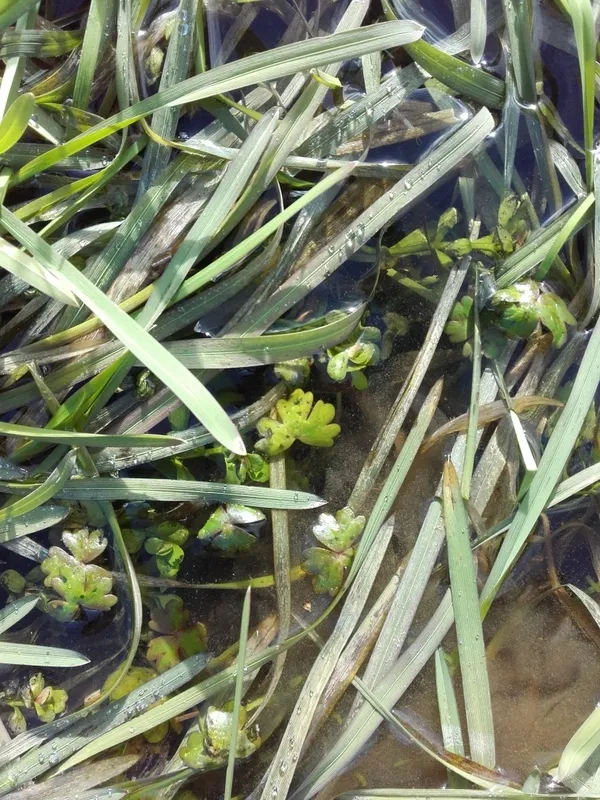Beavers could help clean up polluted rivers and stem the loss of valuable soils from farms, new research shows.
The study, undertaken by scientists at the University of Exeter using a captive beaver trial run by the Devon Wildlife Trust, has demonstrated the significant impact the animals have had on reducing the flow of tonnes of soil and nutrients from nearby fields into a local river system.
The research, led by hydrologist Professor Richard Brazier, found that the work of a single family of beavers had removed high levels of sediment, nitrogen and phosphorus from the water that flowed through their 2.5 hectare enclosure.
The family of beavers, which have lived in fenced site at a secret location in West Devon since 2011, have built 13 dams, slowing the flow of water and creating a series of deep ponds along the course of what was once a small stream.
Researchers measured the amount of sediment suspended, phosphorus and nitrogen in water running into the site and then compared this to water as it ran out of the site having passed through the beavers’ ponds and dams. They also measured the amount of sediment, phosphorus and nitrogen trapped by the dams in each of the ponds.
Their results showed the dams had trapped more than 100 tonnes of sediment, 70% of which was soil, which had eroded from ‘intensively managed grassland’ fields upstream. Further investigation revealed that this sediment contained high concentrations of nitrogen and phosphorus, which are nutrients known to create problems for the wildlife in rivers and streams and which also need to be removed from human water supplies to meet drinking-quality standards.
The research was funded by Westland Countryside Stewards and the Natural Environment Research Council and conducted by a team from the University of Exeter led by Professor of Earth Surface Processes, Richard Brazier. Professor Brazier said:
“It is of serious concern that we observe such high rates of soil loss from agricultural land, which are well in excess of soil formation rates. However, we are heartened to discover that beaver dams can go a long way to mitigate this soil loss and also trap pollutants which lead to the degradation of our water bodies. Were beaver dams to be commonplace in the landscape we would no doubt see these effects delivering multiple benefits across whole ecosystems, as they do elsewhere around the world.”
The research findings about beavers’ positive impact on soil erosion losses and pollution in water courses come at a time of growing concern about these issues. In 2009 a separate study estimated that the total cost of soil loss from the UK’s agricultural land was £45million, much of which was due to the impacts of sediment and nutrient pollution downstream.
Devon Wildlife Trust has been conducting its enclosed beaver trial for seven years, while since 2015 it has also been running another beaver project involving a population of wild-living beavers on the River Otter, East Devon. The charity’s Director of Conservation and Development, Peter Burgess said:
“Our partnership with Exeter University working on both our fenced and unfenced beaver trials is revealing information which shows the critical role beavers can play, not only for wildlife, but the future sustainability of our land and water. It is truly inspiring to have our observations confirmed by detailed scientific investigations.”
One of the Devon Beavers. Photo copyright Michael Symes Devon Wildlife Trust (All rights reserved)


